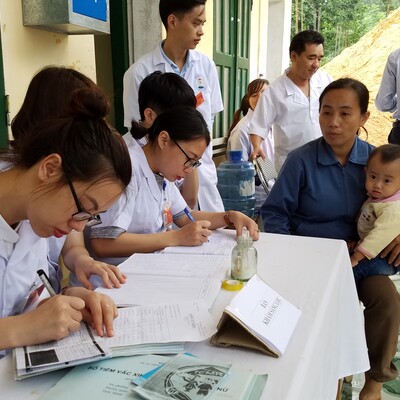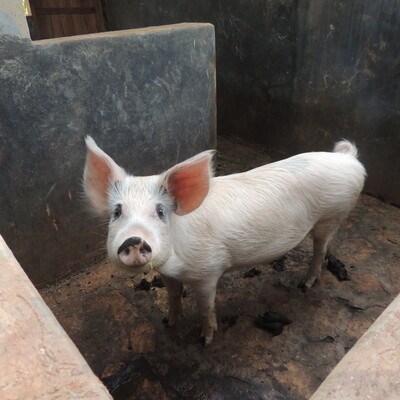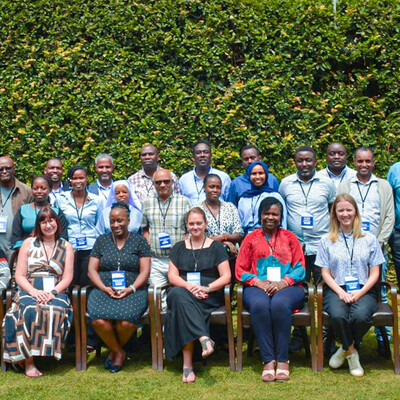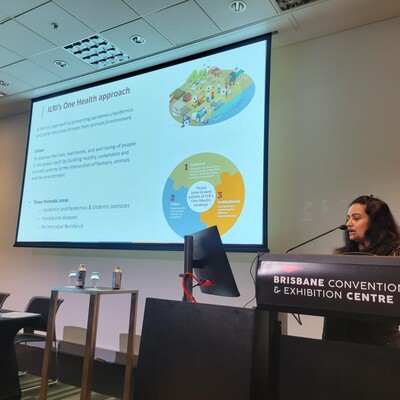

Institutionalizing One Health in Eastern and Southern Africa with evidence from regional case studies
COHESA country case studies are now available through the CABI Digital Library.
As the world faces rising threats from climate change, zoonotic disease and fragile health systems, there is growing momentum to move beyond advocacy and into implementation of coordinated, multisectoral solutions.
In eastern and southern Africa, this momentum is being realized in several countries through the operationalizing of One Health approaches in ways that reflect the countries’ unique health challenges, priorities and systems.
Through the Capacitating One Health in Eastern and Southern Africa (COHESA) project, 12 countries are undertaking a four-year journey to embed the One Health approach into their national development agendas. This work involves assessing existing systems, forming inclusive and functional One Health teams, identifying key gaps and implementing coordinated health improvement strategies. Each of the 12 countries is supported by a local academic institution working in collaboration with government agencies, researchers and community actors.
Gerard den Ouden, team leader for the Technical Assistance Unit at the Organisation of African, Caribbean and Pacific States (OACPS) Research and Innovation Programme, shared, ‘Within the concept of One Health that refers to systematically analysing, understanding and intervening the health systems of humans, plants, animals and the wider environment, COHESA is implementing this approach across African regions.’
‘Only by working together across sectors and regions can meaningful results be accomplished, and the CABI case studies show some interesting examples where gaps in policy and research have been highlighted, and options discussed to fix these at the national level. As the OACPS, we are counting on COHESA actively playing an exemplary role of how the One Health system could be beneficial to society at large, and that other initiatives will further on this experience,’ he added.
To document and share these efforts, country teams have developed a set of case studies, now available through the CABI Digital Library.
Focusing on national priorities across 12 countries in eastern and southern Africa, these case studies describe the extent of One Health implementation across government, education and research sectors as well as the status of broader One Health implementation.
This landmark series has been recognized by the Quadripartite (made up of the FAO, UNEP, WHO and WOAH) as suitable for situational analysis when implementing the One Health Joint Plan of Action at national level.
Shauna Richards, scientist at the International Livestock Research Institute (ILRI) says, ‘These case studies are a practical resource for anyone working in One Health within the region to be able to understand country challenges, gaps and priorities. These case studies can help avoid duplication and encourage resource allocation to priority areas.’
Grounded in local realities, these cases studies are linked by a common goal, which is to strengthen multisectoral collaboration in addressing complex risks at the intersection of animal and human, and their shared environment. The country case studies focus on addressing the gaps, challenges and priorities.
‘One Health is about systems change, balancing global ideals with local realities. COHESA’s case studies show how countries are navigating this transformation, offering practical lessons in governance, collaboration and resilience to inspire others to keep going, despite the challenges,’ shares Adana Mahase-Gibson, co-chair, Caribbean One Health Alliance. ‘They offer insights into governance structures, how to engage in cross-sector collaboration, ways to operationalize multi-sector stakeholder engagement and funding mechanisms associated with One Health.’
The COHESA project coordinated by ILRI, Centre de coopération internationale en recherche agronomique pour le développement (CIRAD), and The International Service for the Acquisition of Agri-biotech Applications (ISAAA) Africenter, started in December 2021 and the impacts are already visible through early wins in governance, cross-sector coordination and capacity development document in the One Health Observatory. By showcasing practical steps for building One Health governance at regional, national and sub-national levels, the COHESA case studies contribute to the broader goal of transforming One Health from a concept into coordinated, measurable action.
Read more:
Explore the case studies here and learn how countries are redefining One Health through local leadership.
Learn more about the COHESA project.
You may also like
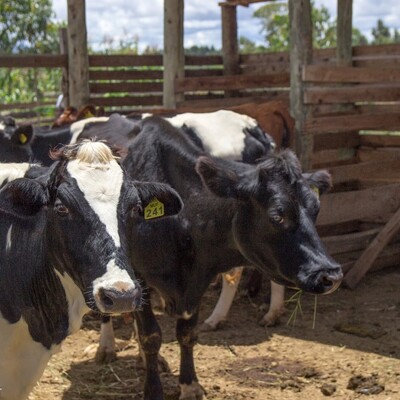
Opinion and analysis
Sustainable manure management in Uganda requires an enabling policy and legal framework: a call to action!
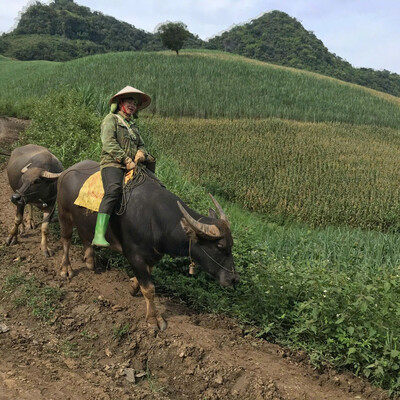
ILRI News
ILRI introduces the Livestock and Climate Solutions Hub at SAADC 2025 to address climate challenges in livestock systems
Related Publications

Review of a decade of fauna research in Côte d'Ivoire with insights into wildlife health and zoonotic transmissions
- Dindé, A.O.
- Cook, Elizabeth A.J.
- Terfa, Zelalem
- Soro, D.
- Hung Nguyen-Viet
- Bett, Bernard K.
- Bonfoh, B.

Biodiversity threats and socio-ecological dynamics in Chebera Churchura National Park: A one health approach
- Guadu, T.
- Abera, B.
- Tesfay, K.
- Berhane, A.
- Tafese, A.
- Solomon, T.
- Debebe, B.
- Getachew, M.
- Shibabaw, A.
- Araba, A.
- Abdurahman, M.
- Yadeta, W.
- Tadesse, Y.
- Ayemeta, T.
- Knight-Jones, Theodore J.D.
- Mor, Siobhan M.
- Mereta, S.T.
- Kaba, M.

A one health approach to prioritizing emerging zoonotic diseases (EZDs) in northern Vietnam
- Luong Hung Nam
- Thang Nguyen-Tien
- Lindahl, Johanna F.
- Sinh Dang-Xuan
- Phuc Pham-Duc
- Unger, Fred
- Bui Nghia Vuong
- Dao Duy Tung
- Hung Nguyen-Viet
- Hu Suk Lee

From protection to pollution: Evaluating environmental and human health risks of acaricide use in dairy farming in Kenya
- Maina, Kevin W.
- Parlasca, M.C.
- Rao, E.J.O.





